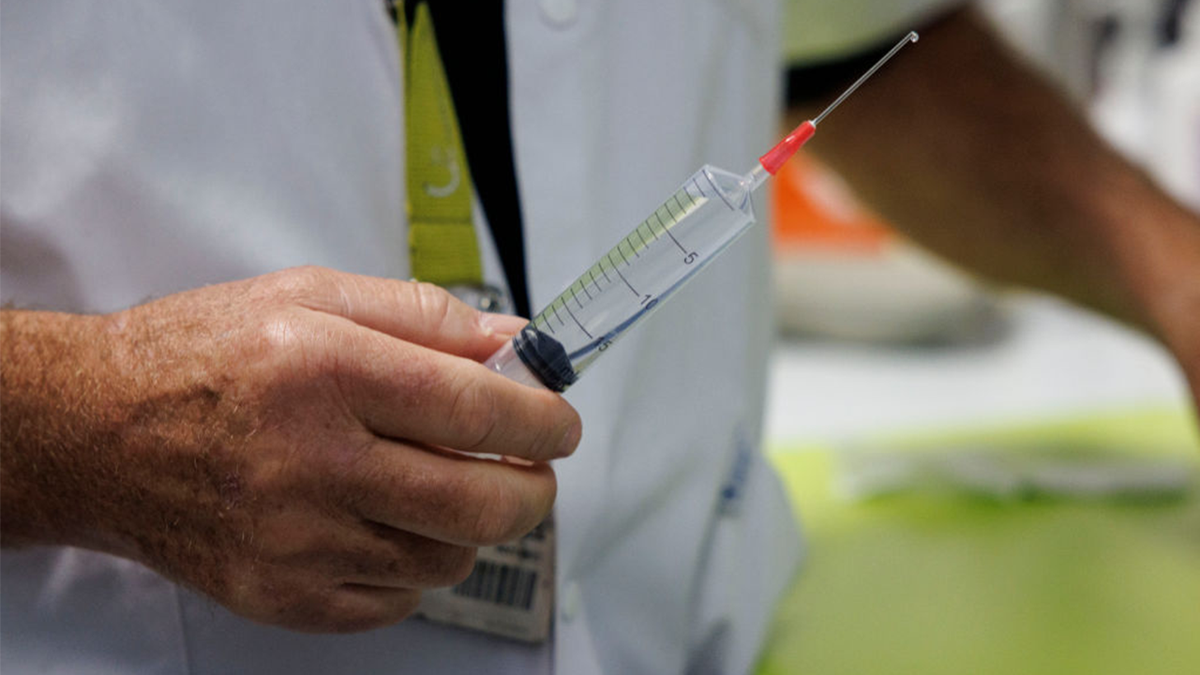Dutch woman, 28, to be euthanized over mental illness after psychiatrist’s diagnosis
A 28-year-old Dutch woman is slated to be euthanized next month because of her struggles with mental illness after her psychiatrist said her condition will never improve.
Zoraya ter Beek lives in a nice house in a small Dutch town near the German border with her boyfriend and two cats. Despite being physically healthy, she plans to end her life due to her depression, autism and borderline personality disorder, according to The Free Press.
She once had ambitions to become a psychiatrist, but she was never able to finish school or start a career due to her own mental illness. But now, she is tired of living and wishes to end her life.
A tattoo on her upper left arm shows a “tree of life” but “in reverse.”
CALIFORNIA TEEN WITH MENTAL HEALTH ISSUES WIELDING KNIFE SHOT, KILLED BY DEPUTIES

Zoraya ter Beek, 28, is slated to be euthanized next month because of her struggles with mental illness after her psychiatrist said her condition will never improve. (iStock)
“Where the tree of life stands for growth and new beginnings, my tree is the opposite,” ter Beek told The Free Press. “It is losing its leaves, it is dying. And once the tree died, the bird flew out of it. I don’t see it as my soul leaving, but more as myself being freed from life.”
Ter Beek’s decision came after her psychiatrist told her that they had tried everything to help her mental health.
“There’s nothing more we can do for you. It’s never gonna get any better,” she recalled her psychiatrist saying.
After declaring her decision, ter Beek said, “I was always very clear that if it doesn’t get better, I can’t do this anymore.”
As for how she plans to go out, ter Beek said she would be lying on the couch in the living room, with no music playing. But she has asked her boyfriend to be with her until the end.
TO RAISE MENTAL HEALTH AWARENESS, NIGERIAN SWIMS LENGTH OF LAGOS’ LONGEST BRIDGE

Zoraya ter Beek plans to end her life due to her depression, autism and borderline personality disorder. (Getty Images)
“The doctor really takes her time,” she said. It is not that they walk in and say: ‘lay down please!’ Most of the time it is first a cup of coffee to settle the nerves and create a soft atmosphere. Then she asks if I am ready. I will take my place on the couch. She will once again ask if I am sure, and she will start up the procedure and wish me a good journey. Or, in my case, a nice nap, because I hate it if people say, ‘Safe journey.’ I’m not going anywhere.”
Next, the doctor will administer a sedative and then a drug to stop ter Beek’s heart.
Following her death, a euthanasia review committee will evaluate ter Beek’s death to ensure the doctor followed “due care criteria” and the Dutch government will declare that her life was lawfully ended.
No funeral will be held following ter Beek’s death. Instead, her boyfriend will scatter her ashes in an area in the woods they chose together, as she wishes to be cremated.
“I did not want to burden my partner with having to keep the grave tidy,” ter Beek said. “We have not picked an urn yet, but that will be my new house!”

Ter Beek’s decision to end her life came after her psychiatrist told her that they had tried everything to help her mental health. (iStock)
CLICK HERE TO GET THE FOX NEWS APP
Ter Beek admitted that she is somewhat afraid of dying because she is unsure of what, if anything, happens after death.
“I’m a little afraid of dying, because it’s the ultimate unknown,” she said. “We don’t really know what’s next — or is there nothing? That’s the scary part.”
The Netherlands in 2001 became the first country in the world to legalize euthanasia. Now, at least eight countries have legalized it. Assisted suicide is also legal in 10 U.S. states and Washington, D.C., and all six states in Australia.
Protestant Theological University healthcare ethics professor Theo Boerin served on a euthanasia review board in the Netherlands from 2005 until 2014. During this time, he told The Free Press, he observed Dutch euthanasia “evolve from death being a last resort to death being a default option.”




